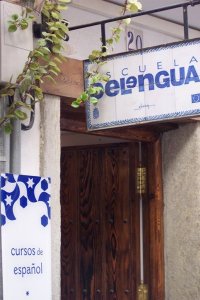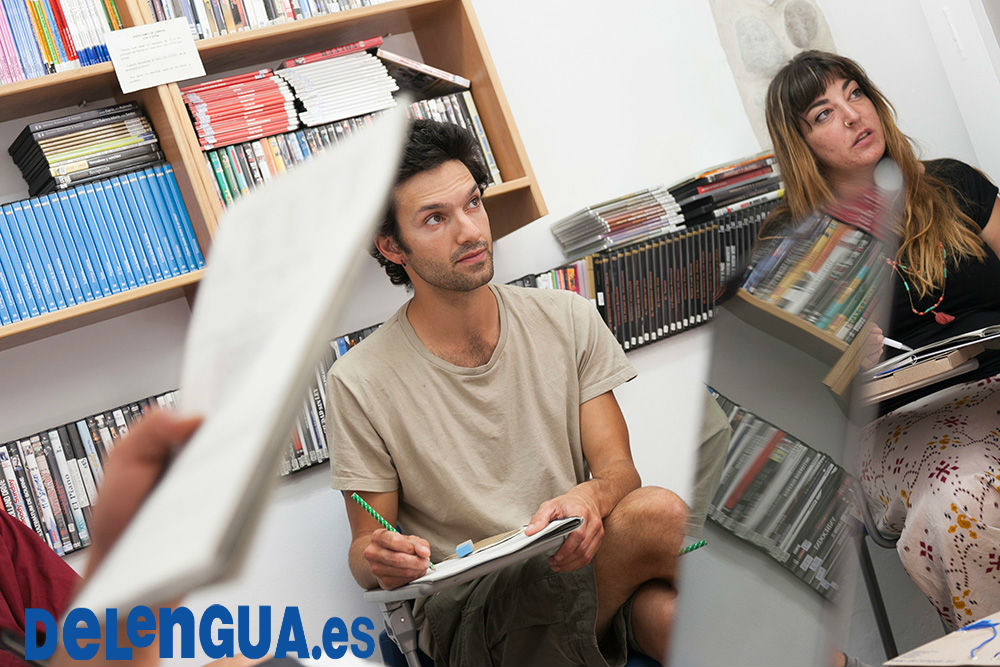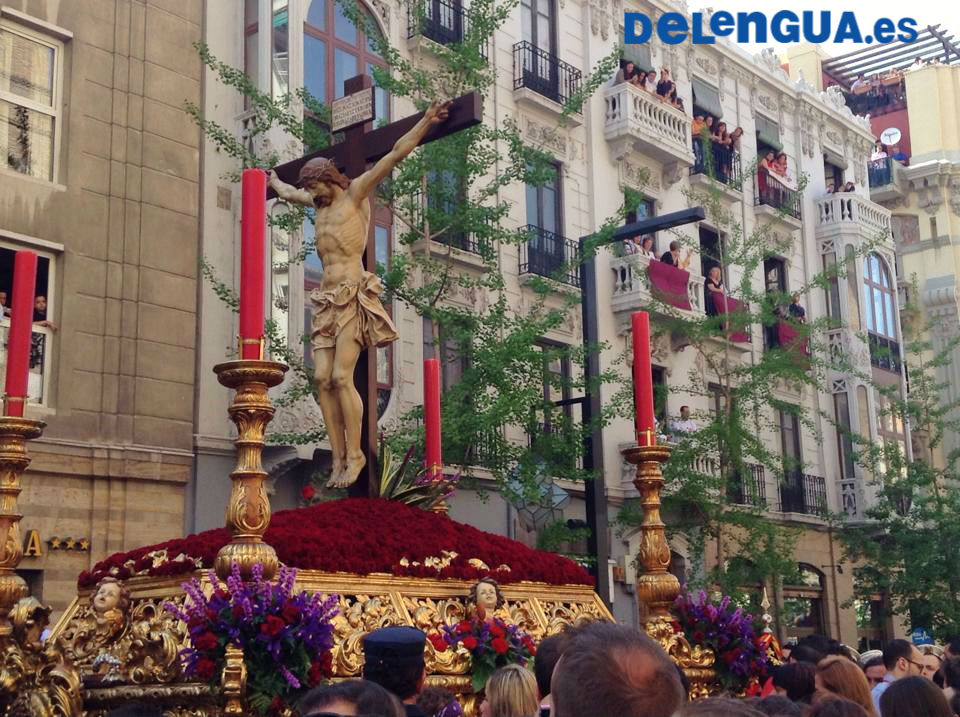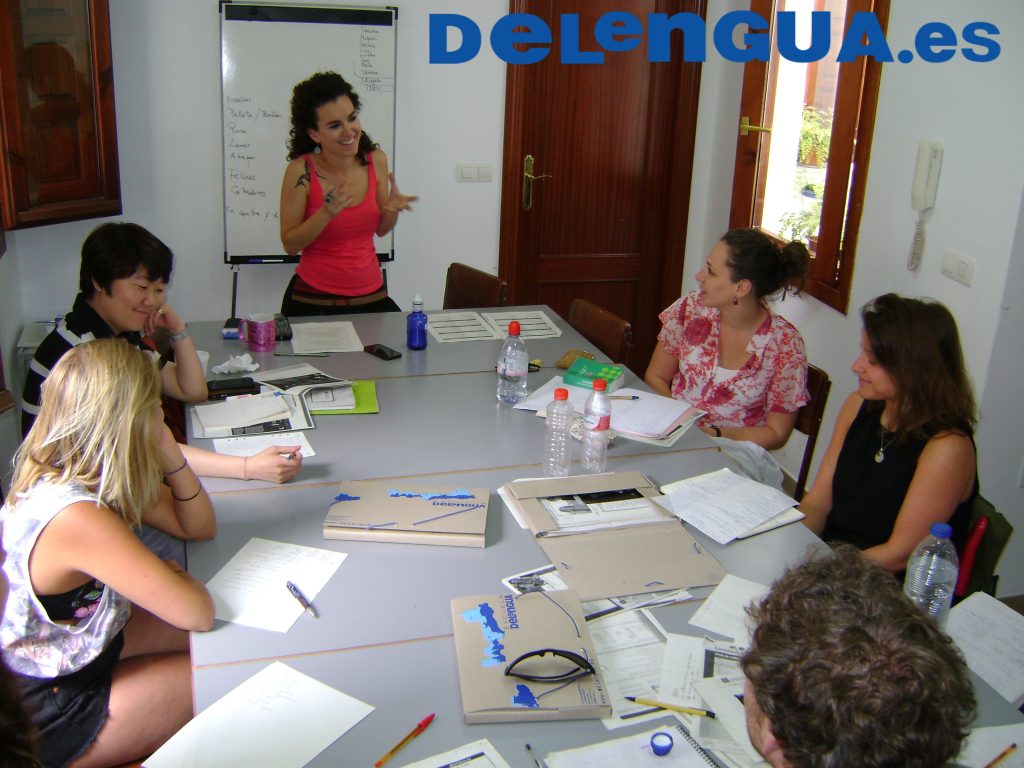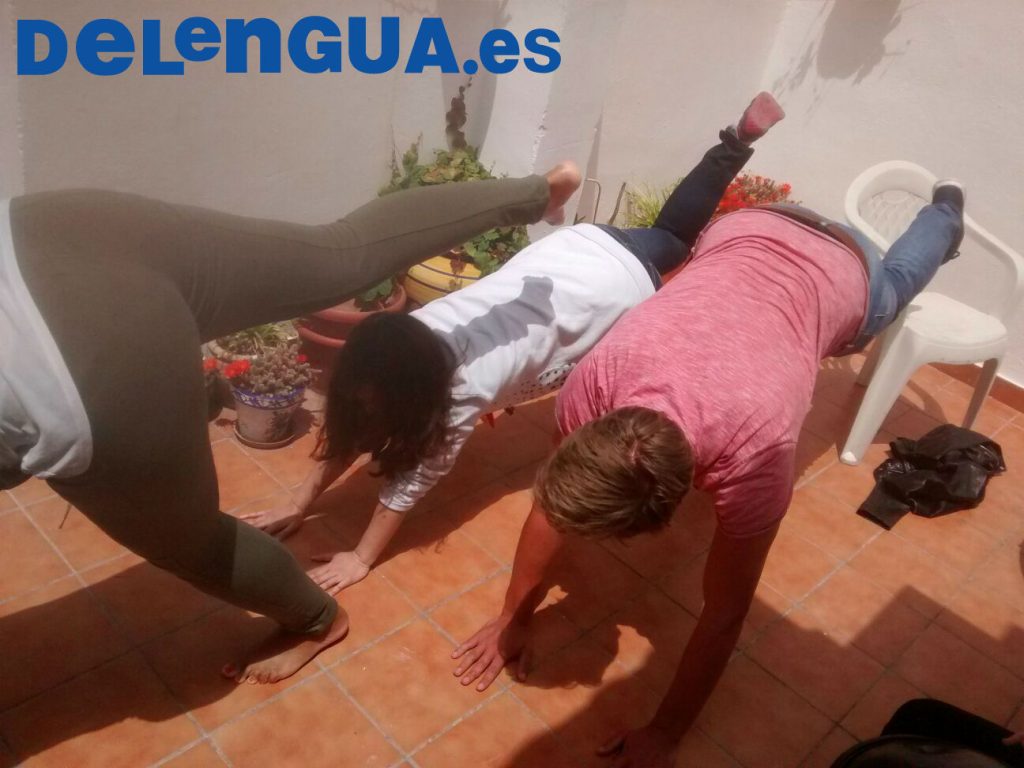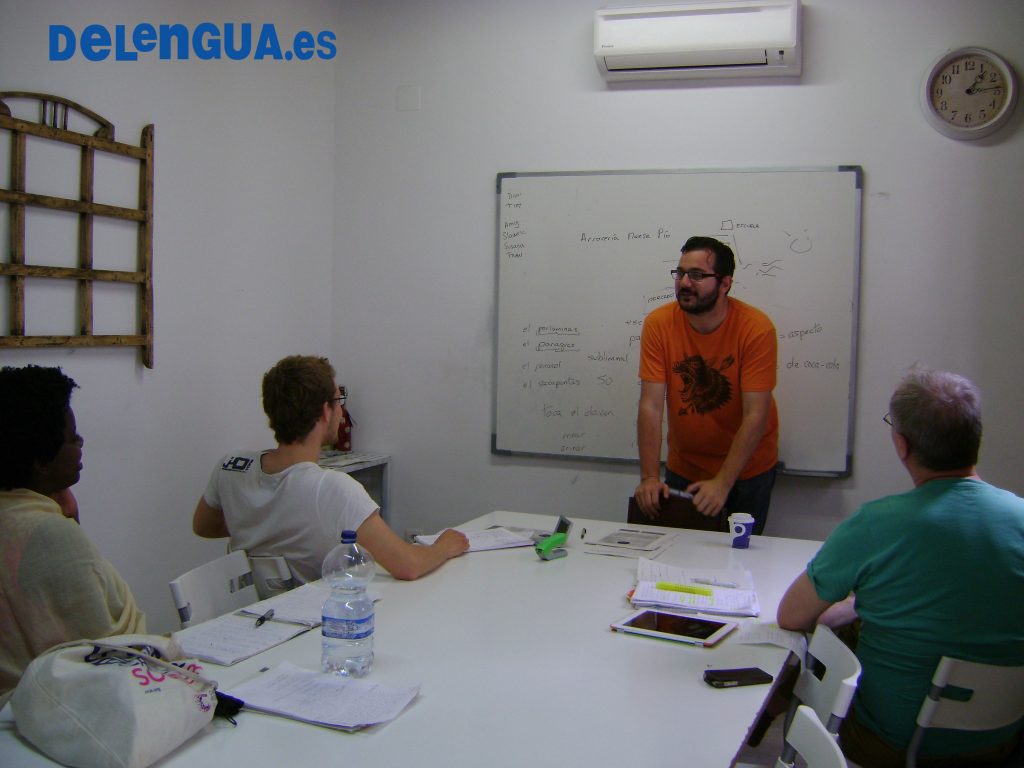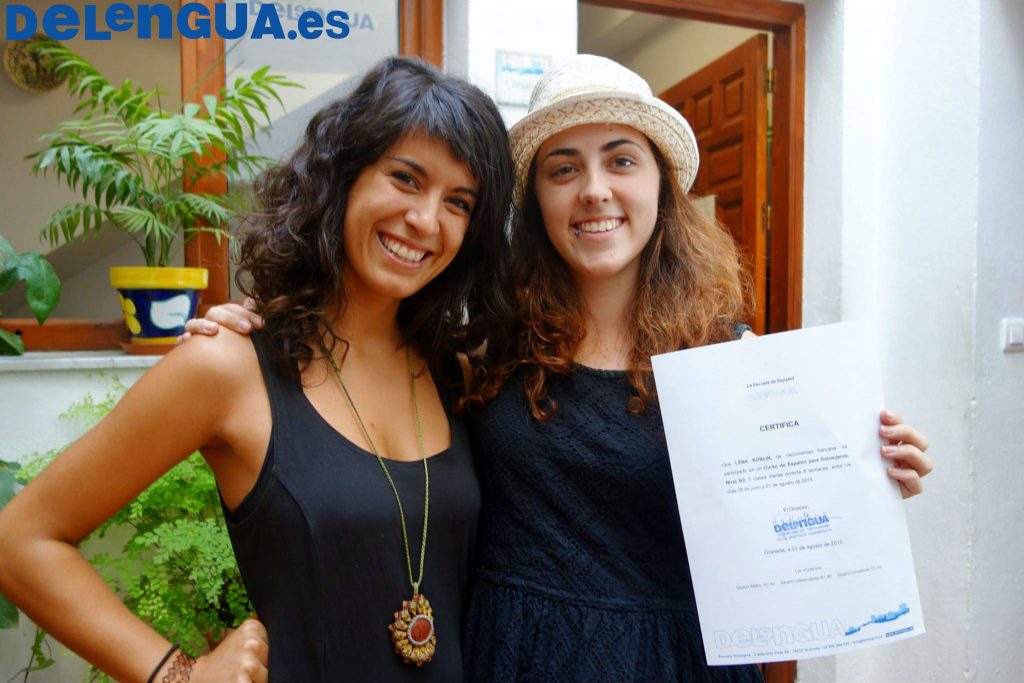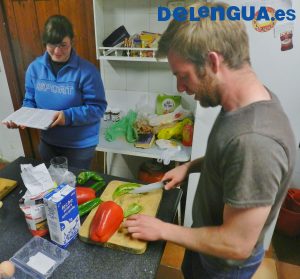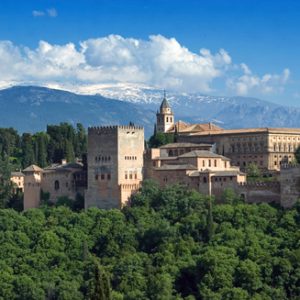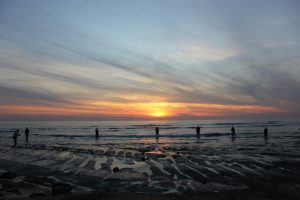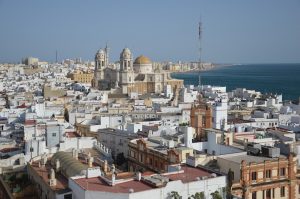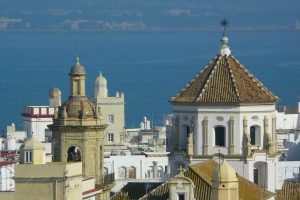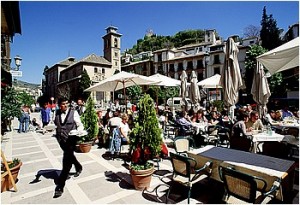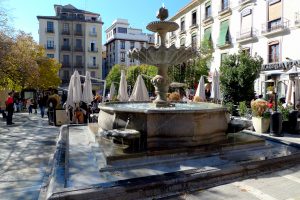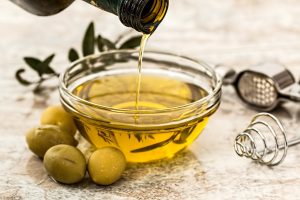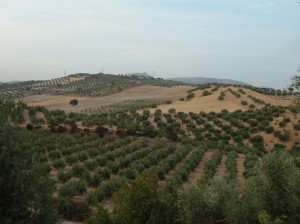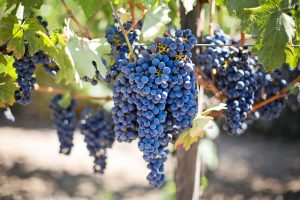| Cádiz está ubicado en la provincia de Cádiz en la región de Andalucía en el sur de España. La ciudad de Cádiz se sitúa en lo que se llama, geográficamente, un tómbolo. Se denomina así cuando se une una isla al continente por un istmo muy fino. En el caso particular de Cádiz, este tómbolo no se une directamente con el continente, si no con lo que se ha llamado históricamente la Isla de León, donde se encuentra la ciudad de San Fernando. Hoy en día Cádiz es conocida sobre todo por su larga e influyente historia, posiblemente la ciudad más antigua de Europa occidental y con restos arqueológicos datados en 3.100 años, no sólo en el ámbito nacional sino también por su importancia en procesos como las guerras púnicas, la romanización de Iberia, el descubrimiento y conquista de América o la instauración del régimen liberal en España con su primera constitución. Ésta es la razón por la que Cádiz posee un gran número de monumentos de arquitectura civil y militar pero también tiene varios monumentos religiosos. Unos de sus monumentos más conocidos son la Puerta de Tierra, la Torre telegráfica del Gobierno Militar de Cádiz, su Catedral, la Catedral de Santa Cruz de Cádiz y el Gran Teatro Falla. La ciudad tiene también varios jardines y parques muy bonitos.
Por supuesto que Cádiz también es conocido por sus playas, todas las playas de Cádiz son urbanas, exceptuando un trozo de, aproximadamente, dos kilómetros, la playa de Cortadura. La arena de estas playas es fina y de tono dorado, si bien muestran naturaleza silícea. La playa de la Victoria tiene una longitud cerca de 3 kilómetros a lo largo de la costa del océano Atlántico y está considerada como la mejor playa urbana de Europa.
Desde Granada se tarda aproximadamente 5 horas en autobús hasta Cádiz, pero su precioso casco histórico y bellas playas, valen la pena. Escuela Delengua está situada en la ciudad andaluza de Granada y ofrece cursos de español, y durante los fines de semana organiza excursiones a otras ciudades de Andalucía. Granada es una ciudad bastante animada y gracias a la estación de autobuses con la que cuenta, es fácil visitar toda España. |
|
Cadiz is located in the province of Cadiz, in the region of Andalusia in the south of Spain. The city of Cadiz is situated on what is called, geographically, a tombolo. It is called this when an island joins to the continent by a very fine isthmus. In this particular case with Cadiz, this tombolo is not directly joined to the continent, but with what has been historically called the Isla de León where the city of San Fernando is found. Nowadays Cadiz is known above all for its long and influential history, possibly the oldest city in western Europe and with archaeological remains dated back 3, 100 years, not only in the national field but also for its importants in processes like the Punic Wars, the Roman conquest of Hispania, the discovery and conquest of America or the establishment of the liberal regime in Spain with its first constitution. This is the reason why Cadiz has such a large number of monuments of civil and military architecture but also it has various religious monuments. Some of its best known monuments are the Puerta de Tierra, the Torre telegráfica del Gobierno Militar de Cádiz, its Cathedral, the Cathedral de Santa Cruz of Cádiz and the Gran Teatro Falla. The city also boasts various beautiful gardens and parks.
Of course Cadiz is known for its beaches, all the beaches in Cadiz are urban, except for a strip of, approximately two kilometers of the Playa de Cortadura. The sand on the beaches is fine and golden, they show the natural silica. The Playa de la Victoria is approximately 3 kilometers long on the coast of the Atlantic Ocean and it is considered the best urban beach in Europe.
It takes approximately 5 hours by bus to get to Cadiz from Granada and with the historical city and beautiful beaches, it is worth it. Escuela Delengua is situated in the Andalusian city of Granada, it offers Spanish courses and during the weekends it organises excursions to other cities in Andalusia. Granada is a lively city and with the bus station it is easy to visit all of Spain. |
